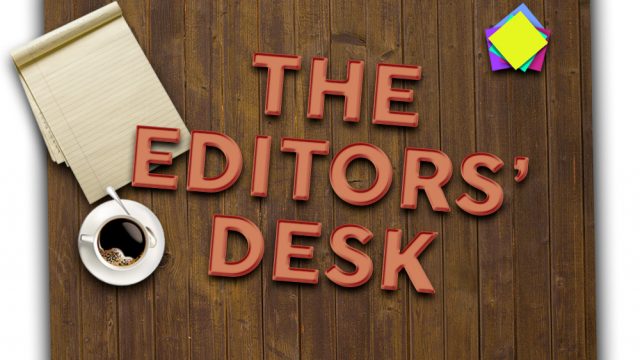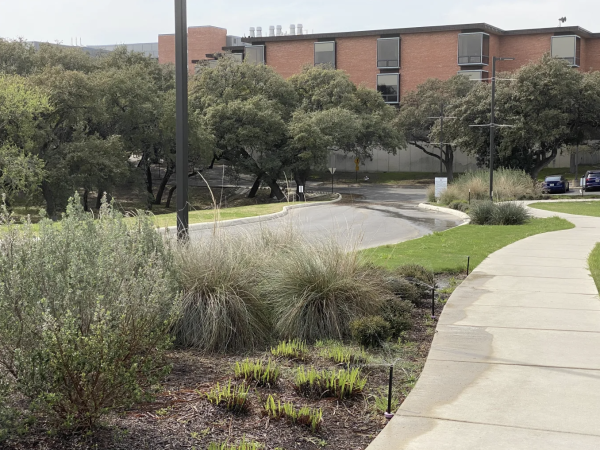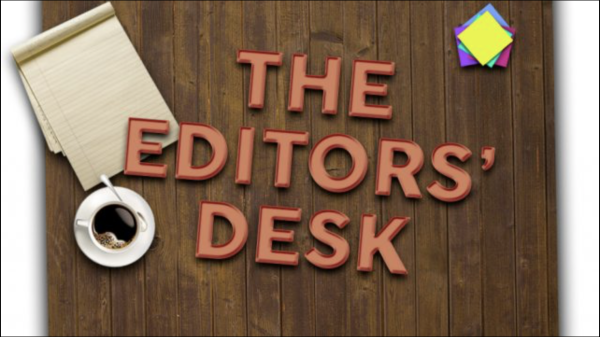The balancing game between work and well-being
Your eyes burn staring at the blank document on your laptop screen. The light illuminates the empty Starbucks cup sitting on your desk—the second coffee you bought before the library closed. The words to this essay aren’t coming. Shocker, considering the most amount of sleep you’ve gotten in the past week has been five hours.
You could close the screen and go to bed now, leaving the assignment for the next day. You would have to cancel your lunch with friends and miss a club meeting.
But that’s OK. Academics come first. Right?
There’s a strange and frustrating balancing game students at a small, liberal arts college play. We’re able to take small classes, get individualized support and receive an education with tremendous breadth. There are also over 115 student organizations to be a part of, not to mention recreational sports, research opportunities and networks of friends that criss-cross in a way they could only at a school with about 2600 students. However, in addition to all of these perks, there’s immense pressure to have a foot in every door. And when you do, it’s not always possible to give everything you’re a part of equal attention.
When it comes down to it, Trinity is a university whose existence as an academic institution gives students the opportunity to get involved in extracurricular activities. Without academics, there would be no sports teams, no clubs, no student newspaper. Academics are central and deserve our commitment as students. The problem with an overly “academics first” mindset is when we prioritize our grades not only above extracurriculars but our own wellbeing.
It is not uncommon to hear classmates brag about their lack of sleep, or that they haven’t eaten since 10 a.m. and have been in the library for hours after class without a break. Sometimes, not seeing a friend for a whole week is normal. They’re just busy, we say, often with admiration. Lack of self-care is not something to be admired, though. Especially now that we’re two years into a global pandemic that has ravaged the mental health of college students, attempting to keep academics on the top shelf at all times is unrealistic and can be harmful.
While engaging in classes is important, getting perfect grades and being the star student in every room is less so. When we repeat “academics first” over and over, we thus relegate our relationships, hobbies and even ourselves to second, third, fourth slots. All of these are important and none should be sacrificed for an A on a research paper or a spot on the Dean’s List. Not to mention that we are able to be better students when our personal well-being is in good shape. The more we work ourselves to the point of burnout, the less energy we’ll even have to devote to academics.
Work hard to be a good student, yes. But know that even good students let their classes take a backseat on occasion. Spending time with loved ones, going outside and engaging in other activities that you love are all critical when it comes to taking care of yourself. Make time for these things in your schedule, and remember that straight As aren’t worth poor mental and physical health.




